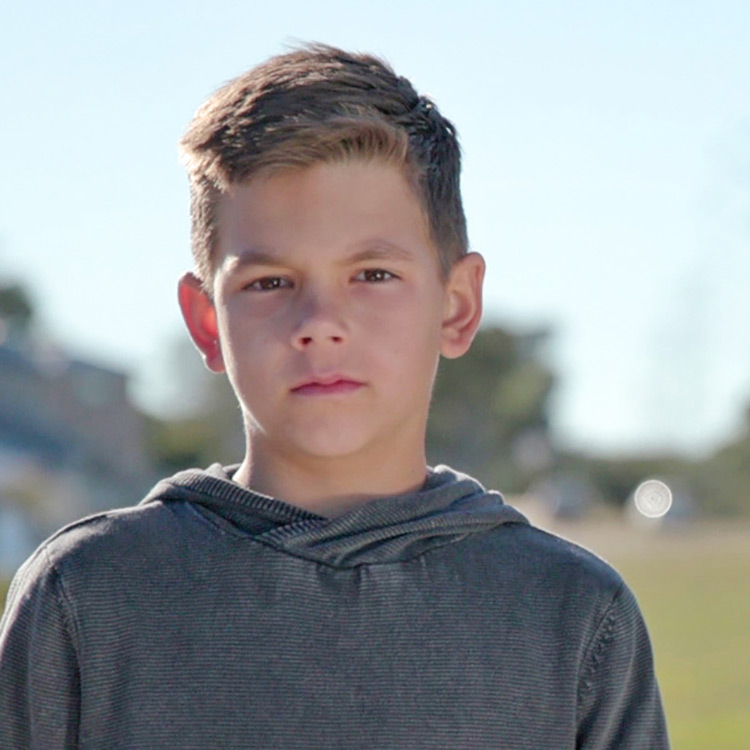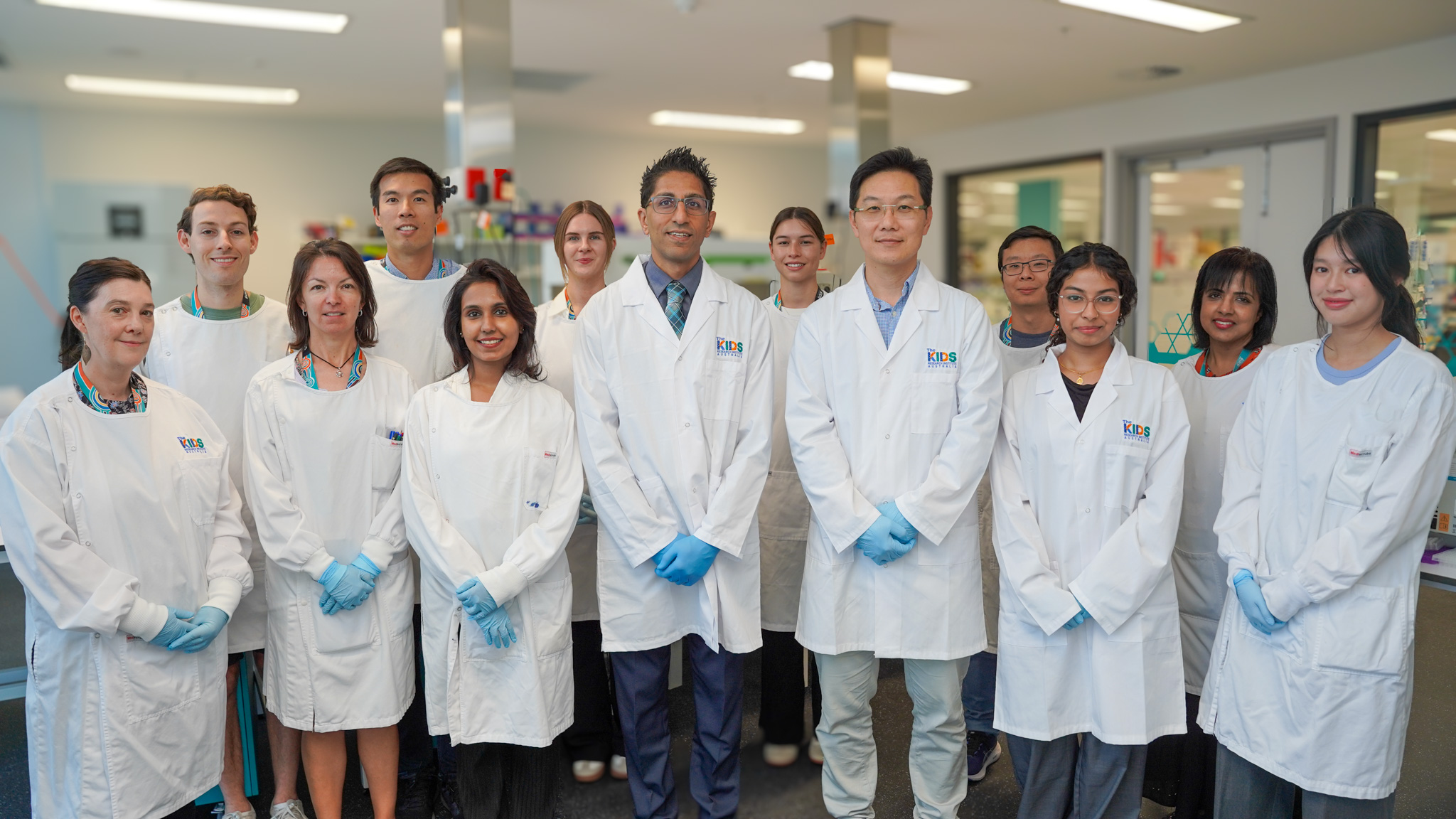Search
Showing results for "rishi kotecha"
Research
Chemotherapy increases amenability of surgical resection in congenital glioblastomaBrain tumors presenting in infancy, especially during the first 6 months of life.
Research
Pediatric meningioma: Current approaches and future directionWith improvement in leukemia therapy, central nervous system (CNS) tumors are the leading cause of cancer mortality in children and the most expensive...

Ten-year-old Xander has been through more than most kids of his age – specifically, three-and-a-half years of gruelling chemotherapy to treat leukaemia.
Research
Preclinical efficacy of azacitidine and venetoclax for infant KMT2A-rearranged acute lymphoblastic leukemia reveals a new therapeutic strategyInfants with KMT2A-rearranged B-cell acute lymphoblastic leukemia (ALL) have a dismal prognosis. Survival outcomes have remained static in recent decades despite treatment intensification and novel therapies are urgently required.
Research
Hepatic sinusoidal obstruction syndrome during chemotherapy for childhood medulloblastoma: Report of a case and review of the literatureWe report a patient with high-risk anaplastic medulloblastoma who developed severe HSOS during her second cycle of maintenance chemotherapy.
Research
Meningiomas in children and adolescents: a meta-analysis of individual patient dataThe epidemiological, prognostic, and therapeutic features of child and adolescent meningioma are poorly defined...
Research
Systematic chemical and molecular profiling of MLL-rearranged infant acute lymphoblastic leukemia reveals efficacy of romidepsinPresent a valuable resource for drug discovery and have identified ROM as a promising therapeutic for MLL-rearranged iALL
Research
Increased Body Mass Index during Therapy for Childhood Acute Lymphoblastic Leukemia: A Significant and Underestimated ComplicationWe undertook a retrospective review of children diagnosed with acute lymphoblastic leukemia (ALL) and treated with modern COG protocols to determine...
Research
Romidepsin enhances the efficacy of cytarabine in vivo, revealing HDAC inhibition as a therapeutic strategy for KMT2A-rearranged acute lymphoblastic leukemiaIn this study, we investigate the in vivo synergy between romidepsin and cytarabine

The main aim of our Leukaemia Translational Research Team is to test innovative therapeutic approaches, with a focus on clinical translation of this knowledge, to improve the outcomes of children suffering from leukaemia.
